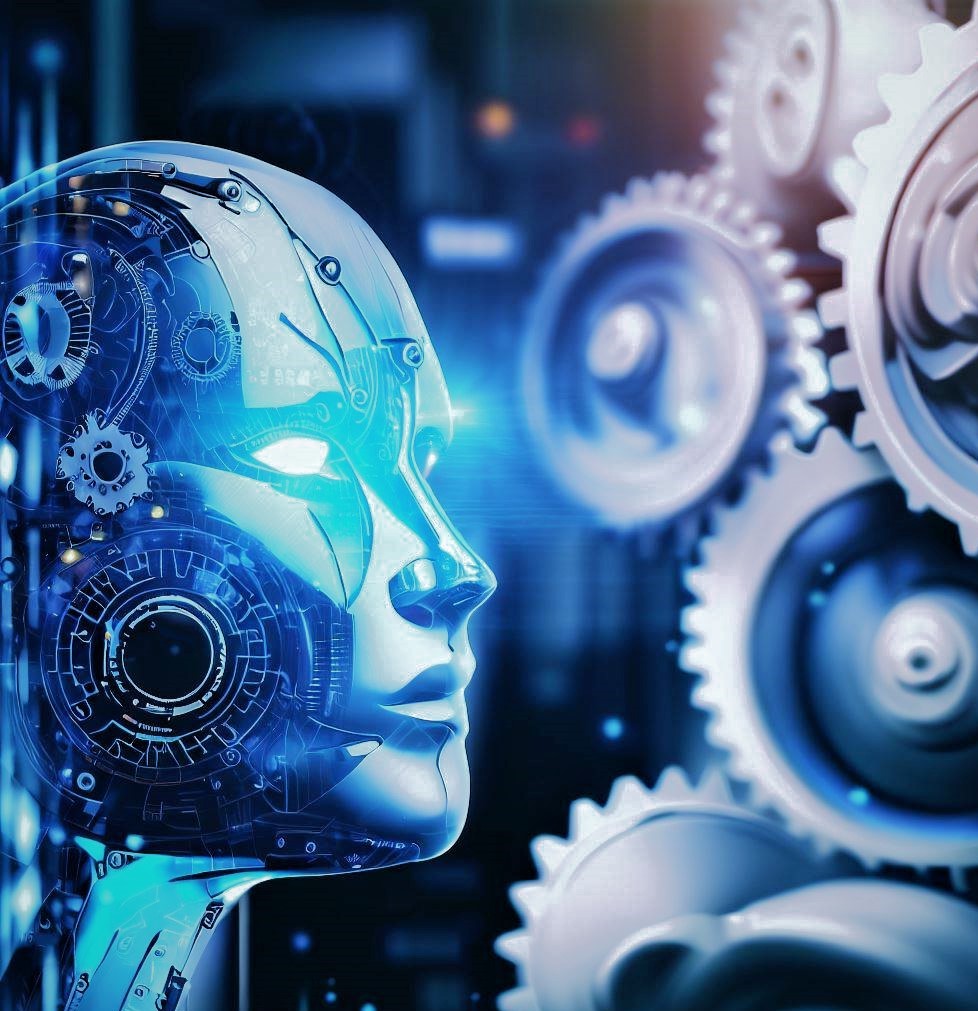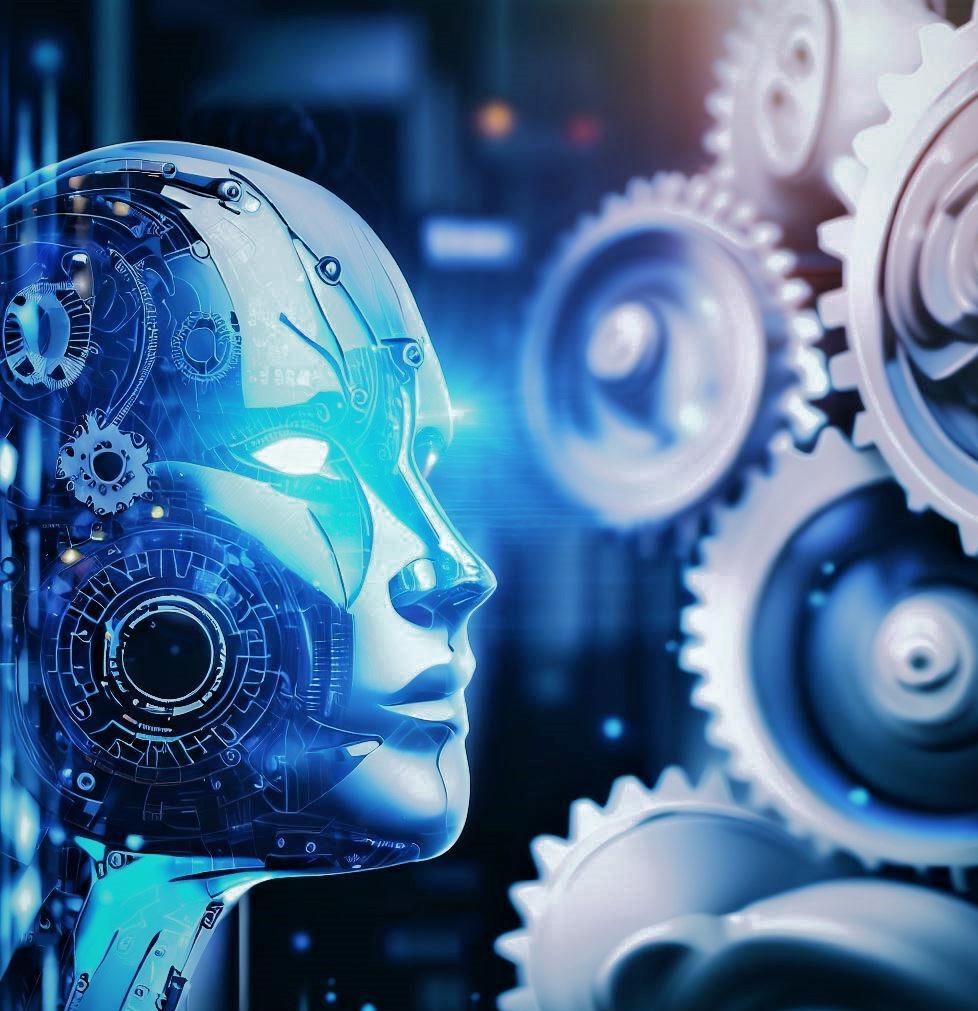How to Leverage Artificial Intelligence
Introduction
Due to its revolutionary potential in several fields, Artificial Intelligence (AI) has recently come into the spotlight. From business operations and customer service to healthcare and education, AI offers many opportunities for organizations to innovate and achieve unparalleled efficiency. In this article, we explore how to harness the potential of AI in different fields and navigate the ethical considerations associated with its adoption.
AI in Business Operations
Incorporating AI into business operations streamlines processes and increases efficiency. Automation reduces manual tasks, allowing employees to focus on higher-value work. AI-powered data analysis provides valuable insights, enabling data-driven decision-making and predictive modeling.
AI in Customer Service
AI chatbots have become a staple in customer service. They offer instant support and personalized interactions, enhancing the overall customer experience. AI’s ability to analyze customer data helps businesses understand user preferences and effectively cater to their specific needs.
AI in Healthcare
The integration of AI in healthcare holds tremendous promise. AI-driven diagnostics and medical imaging improve accuracy and speed in identifying medical conditions. Moreover, AI plays a significant role in drug discovery, treatment plan optimization, and patient care.
AI in Marketing and Sales
AI algorithms facilitate targeted advertising and personalized marketing campaigns. AI helps businesses tailor their sales and marketing strategies by analyzing customer behavior and preferences. Additionally, AI-driven sales predictions aid in lead generation and conversion.
AI in Education
AI is transforming the education sector with personalized learning experiences. AI-powered tools adapt to individual student needs, improving learning outcomes. Furthermore, AI streamlines administrative tasks for educational institutions, increasing efficiency.
AI in Smart Cities
AI contributes to building more innovative and sustainable cities. By optimizing urban infrastructure, AI enhances energy efficiency and waste management. AI-powered traffic management systems improve transportation and reduce congestion.
AI in Finance
Financial institutions rely heavily on AI for fraud detection and risk management. AI algorithms analyze vast datasets to identify fraudulent activities. Additionally, AI-driven investment strategies help optimize portfolios and improve returns.
AI in Agriculture
AI is revolutionizing agriculture through precision farming and crop monitoring. AI optimizes irrigation and fertilization by analyzing data from sensors and drones, maximizing crop yields. Sustainable agriculture practices are further promoted through AI-driven insights.
AI in Manufacturing
AI’s integration in manufacturing brings automation and efficiency to production processes. Robotics powered by AI improves manufacturing precision and reduces human errors. Additionally, AI-based predictive maintenance minimizes downtime and extends machinery lifespan.
Ethical Considerations and AI Adoption
As AI continues to advance, ethical considerations become vital. Addressing biases in AI algorithms is crucial to ensure fairness and equal opportunities. Furthermore, organizations must prioritize data privacy and security in AI adoption.
Challenges and Future of AI Leverage
While the potential of AI is vast, adopting AI technologies comes with challenges. Overcoming technological and cultural barriers is essential for successful AI integration. Embracing ongoing advancements and fostering innovation is crucial to unlocking AI’s full potential.
Conclusion
Artificial Intelligence offers unprecedented opportunities to transform industries and enhance human lives. Leveraging AI in various sectors, businesses, and societies can achieve remarkable efficiency and innovation. Emphasizing responsible AI adoption ensures that the power of AI is harnessed for the collective good, advancing us toward a more intelligent and sustainable future.
FAQs
How can small businesses leverage AI?
Can get started with AI by employing chatbots to handle customer service and analytics to learn about consumer habits and industry tendencies.
Is AI adoption cost-effective for startups?
AI adoption costs vary depending on the scale and complexity of AI implementation. Startups can explore AI solutions tailored to their needs and budget.
What industries benefit most from AI integration?
Industries like healthcare, finance, marketing, and manufacturing have significantly benefited from AI integration due to improved efficiency and decision-making.
How can AI enhance data security?
Data security may be improved with the help of AI since it can spot irregularities and trends in the data that could indicate a breach.
What is the role of AI in sustainable development?
AI contributes to sustainable development by optimizing resource management, improving energy efficiency, and supporting eco-friendly practices in various sectors.









Comment on “How to Leverage Artificial Intelligence”